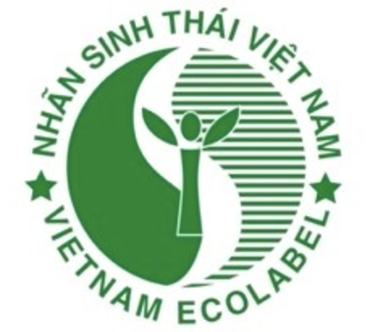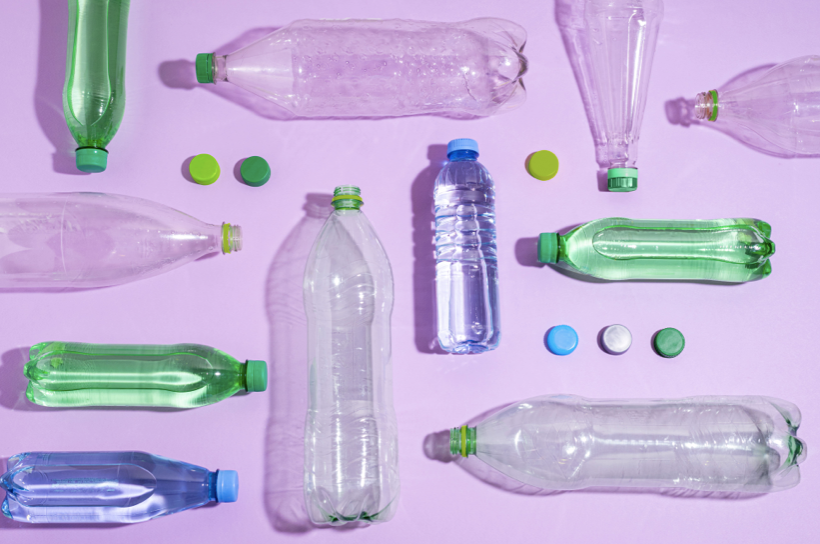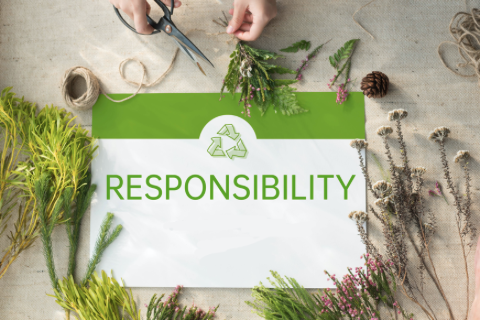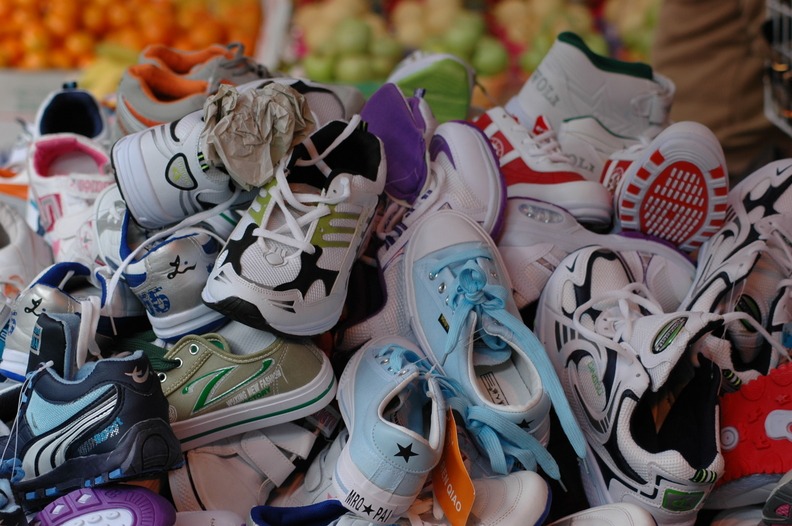Kolon Plastics will produce eco-friendly industrial materials from waste fishing nets
Kolon Plastics will produce eco-friendly industrial materials from waste fishing nets
Signed an MOU with Netspa, a social venture for recycling marine waste
▷ Setting out to develop engineering plastics using recycled nylon made from marine wastes
▷ Striving to create a sustainable industrial ecosystem by developing and expanding the supply of eco-friendly materials
Kolon Plastics (CEO Sung Huh) is pioneering the development of engineering plastics recycled from marine waste such as discarded fishing nets. Kolon Plastics announced on the 28th that it had signed an agreement with Netspa at Kolon Tower in Gwacheon, Gyeonggi Province for a joint technology development of eco-friendly plastic products based on recycled marine waste. Netspa is a social venture that produces recycled nylon materials through a pre-treatment technology of waste fishing nets.
Under this agreement, the two companies are expected to contribute to the creation of a circular economy by jointly developing engineering plastics based on recycled nylon made from marine waste. Netspa turns marine waste into reusable plastic pellets through a special process. Kolon Plastics plans to use the eco-friendly plastic pellets as a raw material to develop high-functional compound materials used in automobile parts and electrical / electronic products – after technology verification.
Sung Huh, appointed as the new CEO of Kolon Plastics earlier this year, said, "We are establishing an ESG management roadmap in response to the needs of the times to establish a circular economy for carbon neutrality.” He further added, “Kolon will strive to build a sustainable growth model for the future by conducting business activities to help achieve the ESG goals of our customers, such as the development of low-carbon, eco-friendly products.”
Taek-Soo Jeong, CEO of Netspa, noted, “With this agreement, we will be able to lay the foundation for the technology needed to develop and expand products based on high-purity recycled nylon extracted from waste fishing nets. Applying marine waste in a wide range of eco-friendly products will help speed the process of building a circular economy.”
Taking this MOU as an opportunity, Kolon Plastics plans to expand its portfolio of eco-friendly materials to preemptively respond to the industry trend of using eco-friendly materials, and increase its efforts to build an eco-friendly ecosystem to satisfy growing customer needs.
[Reference]
* High-functional compound materials
These are high-functional plastics that meet the differential physical properties required by customers by mixing specific additives with plastic-based products. Kolon Plastics supplies a wide range of compound products based on engineering plastics such as polyamide (PA), polyoxymethylene (POM), and polybutylene terephthalate (PBT).
* Netspa
Netspa is a startup producing recycled nylon materials through a waste fishing net pre-treatment technology. Netspa deploys its proprietary technology and facilities to separate out individual materials from waste fishing nets composed of synthetic fibers such as nylon, PE, and PP, and collect and commercialize them in large quantities. The separated nylon is used in various applications such as automotive / electronic parts as well as long fibers for clothing, and contributes to reducing about 3.68kg of carbon per 1kg of waste fishing nets. Previously, fishing nets whose life had expired were landfilled, incinerated, or simply abandoned. With this waste fishing net separation technology, the lifecycle of fishing nets has been extended. And a stable source of discarded fishing nets has been secured in cooperation with local governments. The company is currently operating a mass-production plant based in Busan.





